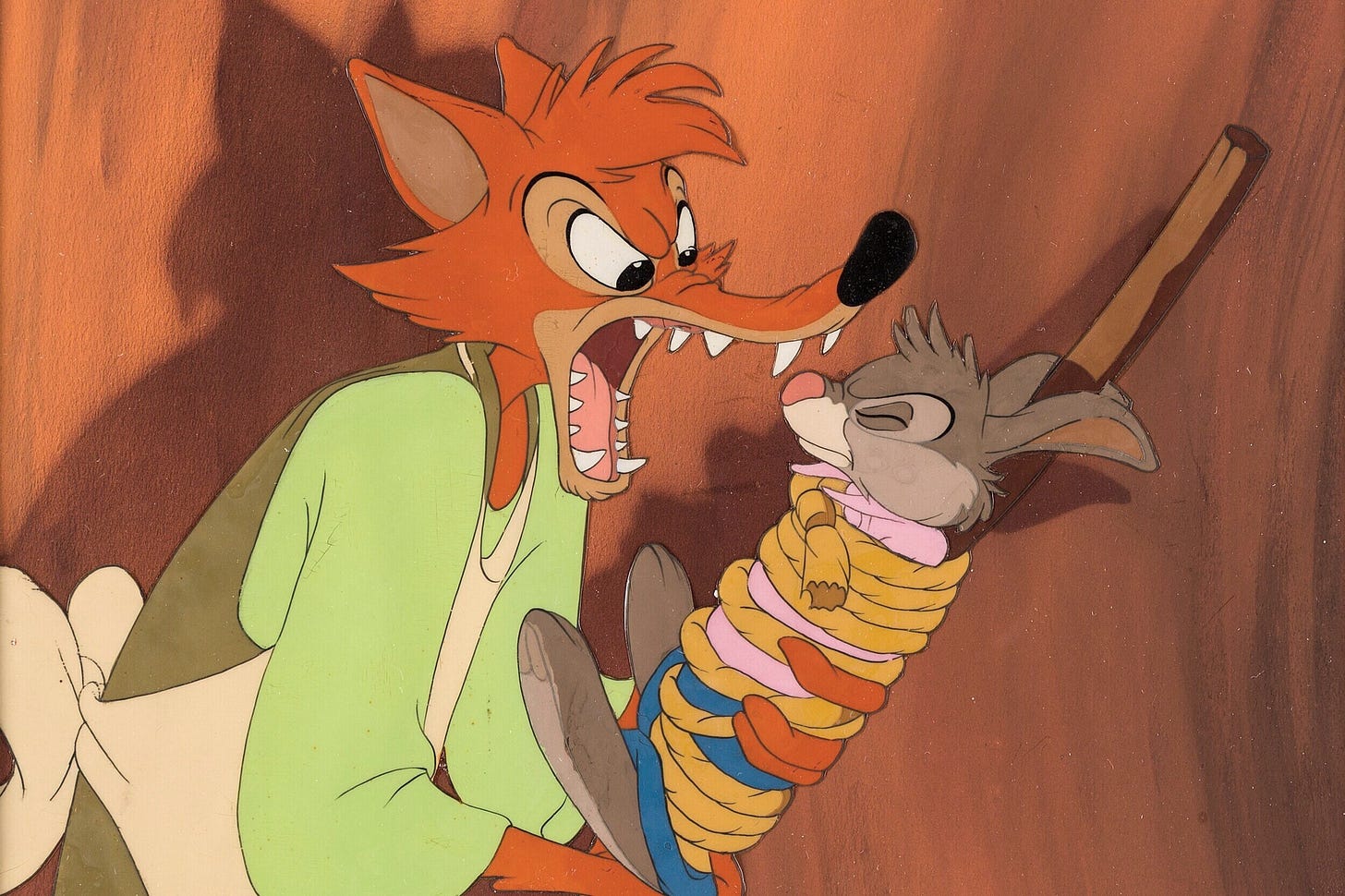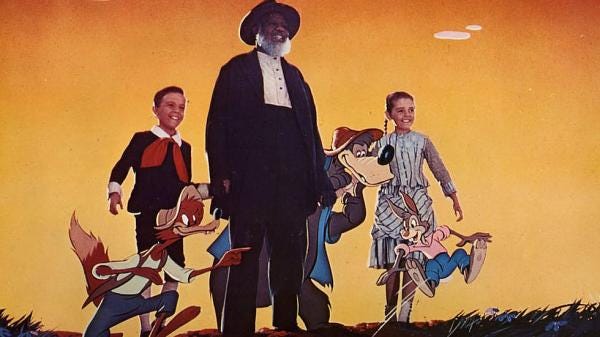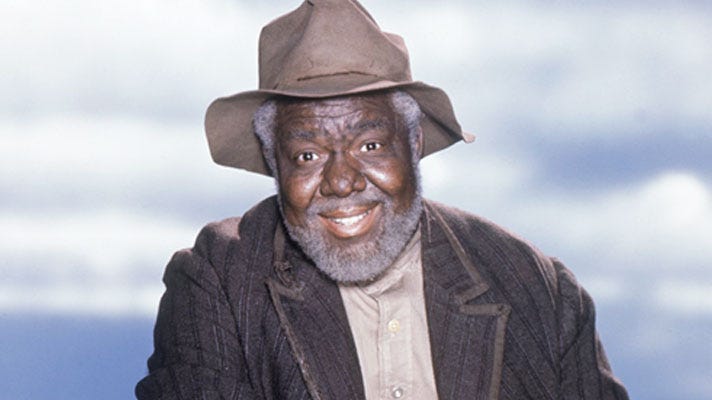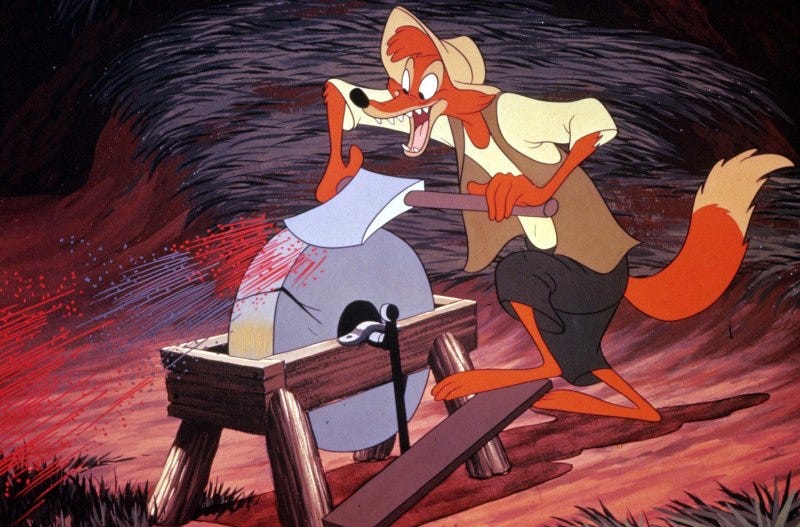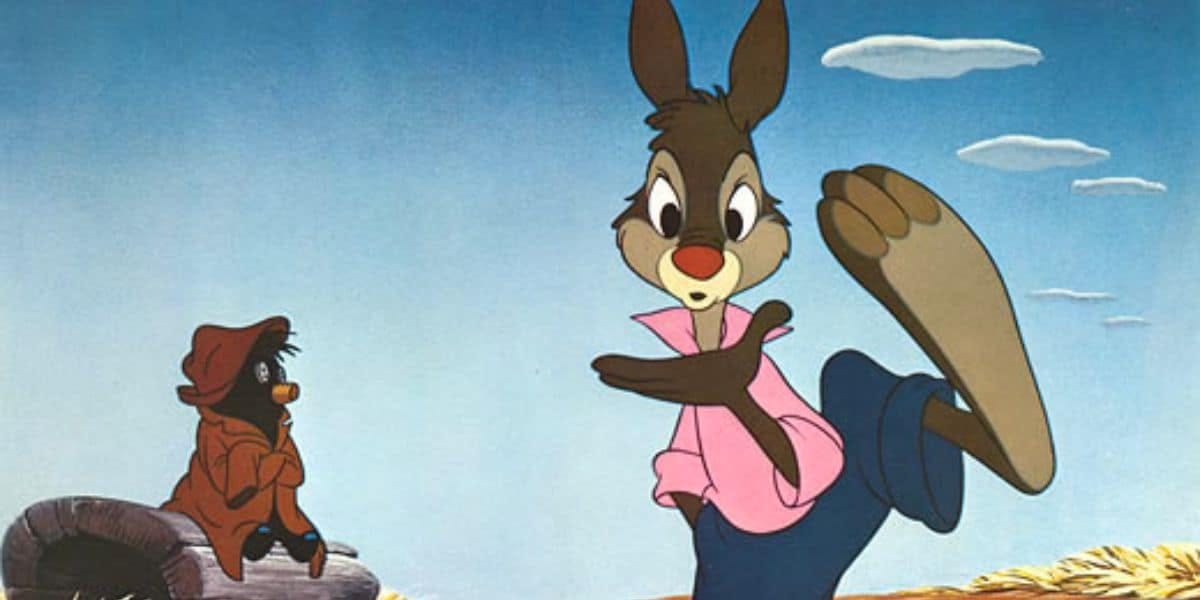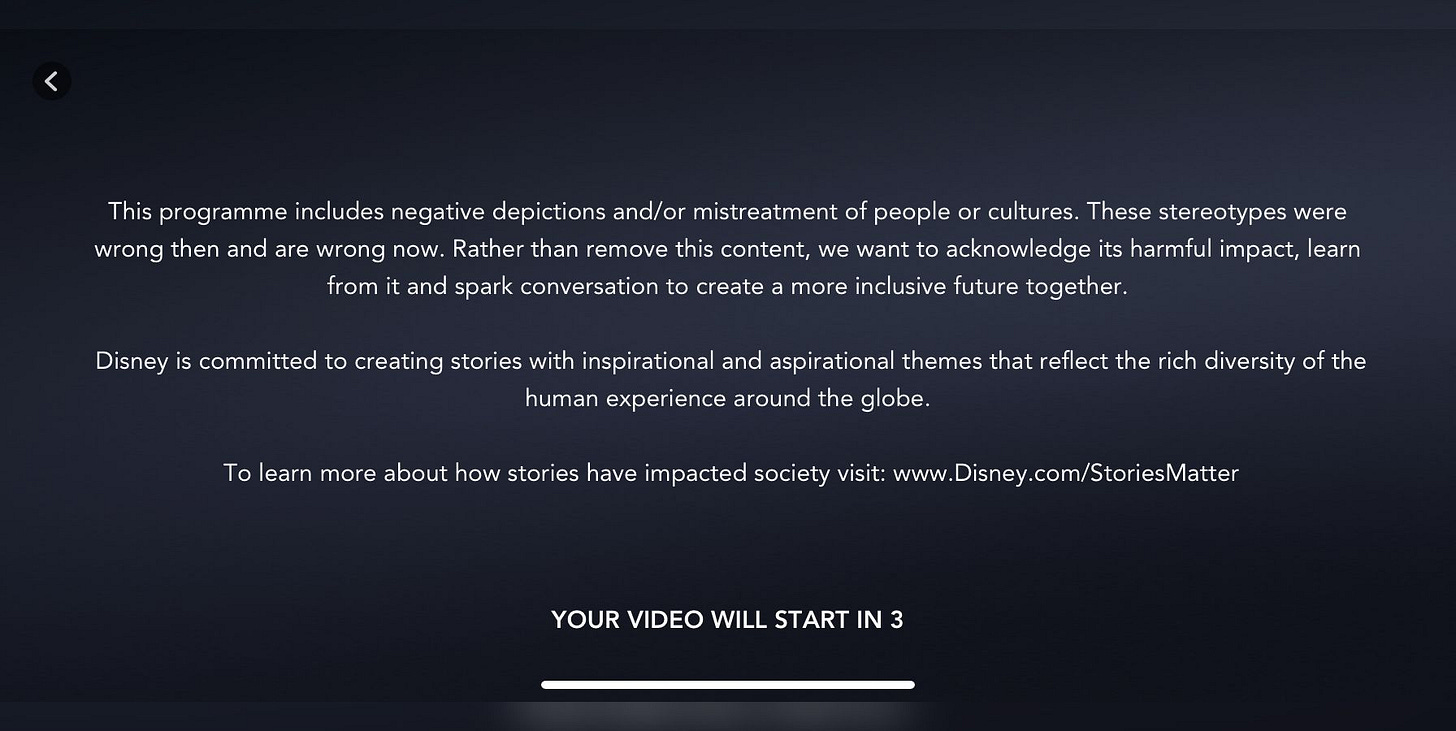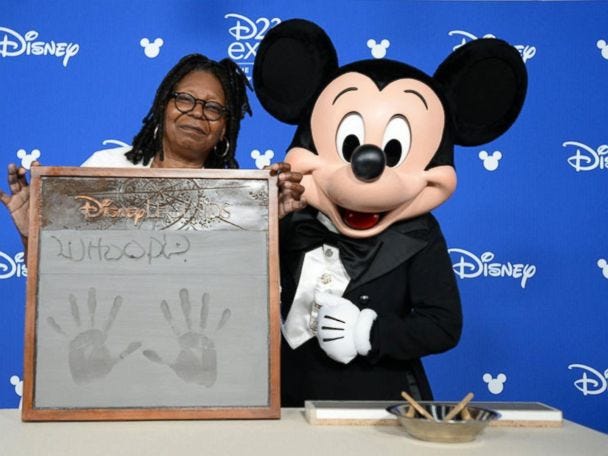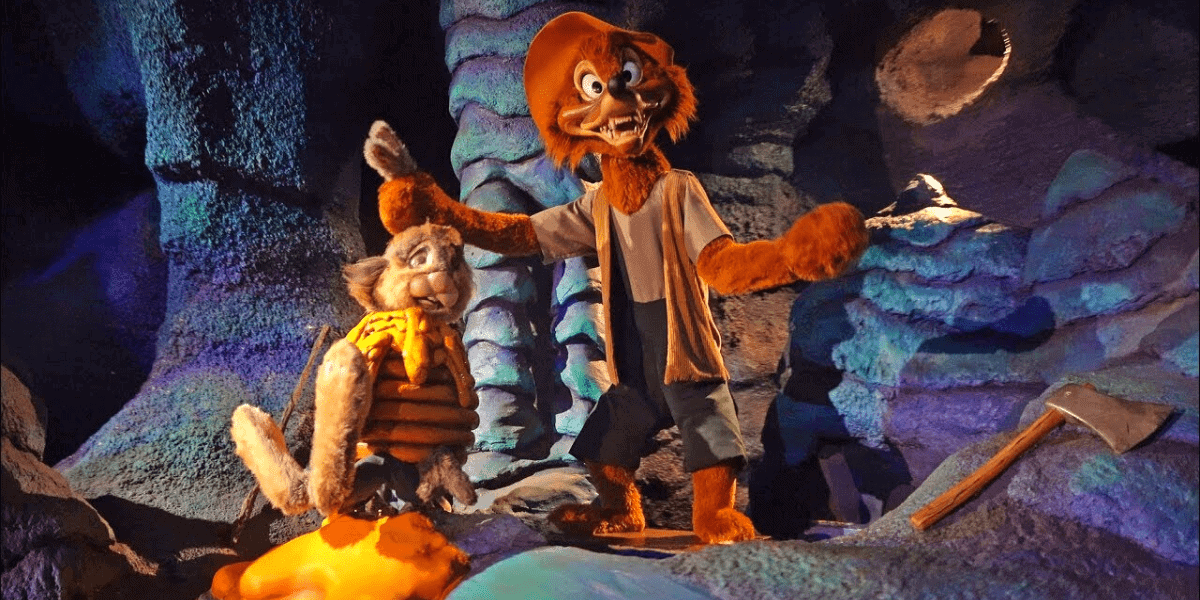When Is Song of the South Coming to Disney Plus? Is Disney's Most Controversial Movie Available on Streaming?
Disney Plus hosts an expansive archive of the studio’s films, from early animations to modern blockbusters, but one title from the 1940s remains conspicuously missing. Song of the South (1946), a pioneering blend of live-action and animation, is celebrated for its technical achievements and music yet mired in controversy over its depiction of race in the post-Civil War South.
As of August 9, 2025, no plans exist for its release on the platform, reflecting ongoing debates about its legacy. This article delves into the film’s history, its cultural impact, the polarized views on its racial content, Disney’s decision to withhold it, and its influence on theme park attractions and other media. It also considers the perspectives of fans, including Black audiences who value its storytelling, to offer a fair and nuanced examination.
Here’s the TL;DR…
Song of the South (1946) merges live-action and animation to adapt African-American folktales but faces criticism for racial stereotypes and an idealized Southern setting.
Disney stopped U.S. releases after 1986, and in 2020, Bob Iger declared it unsuitable for Disney Plus due to its sensitive content.
James Baskett earned an honorary Oscar in 1948 for his role as Uncle Remus, a landmark for Black actors.
Whoopi Goldberg has advocated since 2017 for its release to foster discussions on racism, while some fans, including Black viewers, cherish its cultural elements.
Splash Mountain, based on the film’s animated characters, was rethemed to Tiana’s Bayou Adventure in U.S. parks by 2024, but Tokyo’s version remains active.
What Is Song of the South?
Song of the South follows Johnny, a young boy who arrives at his grandmother’s Georgia plantation during the Reconstruction era, grappling with family troubles. He befriends Uncle Remus, a Black storyteller whose tales of Br’er Rabbit—outsmarting Br’er Fox and Br’er Bear—come to life in animated sequences.
The film premiered on November 12, 1946, in Atlanta, a choice that sparked debate due to the city’s segregation at the time. Directed by Harve Foster for live-action and Wilfred Jackson for animation, it broke ground by blending mediums, paving the way for films like Mary Poppins.
Adapted from Joel Chandler Harris’s Uncle Remus stories, the movie features the Academy Award-winning song “Zip-a-Dee-Doo-Dah.” Its technical innovation and memorable music contrast with the controversy surrounding its setting and racial portrayals.
James Baskett’s Historic Oscar
James Baskett’s portrayal of Uncle Remus radiates warmth and authenticity, making the character a bridge between the film’s live and animated worlds. He also voiced Br’er Fox, demonstrating his range as a performer with a background in theater and radio.
In 1948, the Academy honored him with a special Oscar for his “heart-warming” performance, marking him as the first Black man to win an acting Oscar. This followed Hattie McDaniel’s 1940 win for Gone with the Wind, a competitive award.
Baskett’s achievement was significant in an era when Black actors faced limited opportunities, often confined to stereotypical roles. Tragically, he died on July 9, 1948, at age 44 from diabetes-related heart issues, shortly after his recognition.
His performance resonates with many fans, including Black audiences who see it as a testament to storytelling traditions, despite the film’s broader issues.
Cultural and Historical Significance
The film’s narratives originate from African-American folklore, rooted in West African trickster tales adapted by enslaved people to symbolize resistance through cunning. Joel Chandler Harris, a white Atlanta journalist, compiled these stories in the 1880s, framing them through the character of Uncle Remus.
Disney’s adaptation sets these tales on a plantation where racial dynamics appear harmonious, a portrayal that sparked immediate backlash. The NAACP criticized it upon release for glorifying a sanitized version of the post-slavery South.
Released amid postwar racial shifts, including the Great Migration and early civil rights activism, the film intersected with a tense cultural moment. For some Black fans, it preserves valuable folklore and showcases Baskett’s talent, though its romanticized setting remains a point of contention.
Is It Really Racist, or Are People Overreacting?
The debate over whether Song of the South is racist or unfairly criticized remains divisive. By modern standards, its idealized plantation setting and stereotypes—like the kindly Black elder—obscure the era’s systemic injustices, prompting valid criticism.
Scholars argue it reinforces myths that distort historical racial realities, a concern raised by the NAACP in 1946 and echoed today. The lack of context about slavery or Reconstruction can mislead audiences about the period’s hardships.
Yet, some fans, including Black viewers, defend its cultural value, appreciating the Br’er Rabbit stories as empowering tales of wit over power. They argue the film reflects 1940s Hollywood norms, not deliberate malice, and note Disney’s consultation with Black advisors, though much advice was ignored.
Film historian Jim Korkis suggests the controversy stems from missteps rather than intent, and some Black fans who grew up with the film cherish its music and storytelling. While undeniably flawed, its defenders see it as a complex artifact deserving nuanced discussion rather than outright dismissal.
Why It’s Not on Disney Plus
Disney Plus, launched in November 2019, includes content warnings for films like Dumbo and Peter Pan but has excluded Song of the South entirely. In March 2020, former CEO Bob Iger stated it was “not appropriate” for modern audiences, even with disclaimers, citing its potential to offend.
The decision to vault it took shape after its final theatrical re-release in 1986, as protests from groups like the NAACP grew louder. In the late 1980s, under CEO Michael Eisner, Disney declined U.S. home video releases, reflecting heightened cultural sensitivities post-civil rights era.
The 2020 social justice movements further cemented this stance, with no indication of a 2025 release. Disney’s focus on inclusivity prioritizes avoiding backlash over revisiting the film.
Whoopi Goldberg’s Advocacy
Whoopi Goldberg, named a Disney Legend in 2017, has consistently advocated for the film’s re-release since that year. She argues that making it accessible with proper context could encourage meaningful discussions about racism and history.
Her stance, reiterated in 2024, aligns with fans who believe confronting the film’s flaws is more productive than hiding it. As an EGOT winner and Disney collaborator, her voice carries weight, but the studio remains cautious.
Disney’s preference for risk avoidance over dialogue reflects its broader branding strategy. Goldberg’s advocacy resonates with those, including Black fans, who see educational value in engaging with the film critically.
Splash Mountain and Retheme Controversy
Splash Mountain opened at Disneyland in July 1989, followed by Magic Kingdom and Tokyo Disneyland in October 1992. Designer Tony Baxter mitigated controversy by focusing solely on the animated Br’er characters and songs like “Zip-a-Dee-Doo-Dah,” excluding human figures like Uncle Remus.
This approach kept the ride a beloved staple for decades, as it distanced itself from the film’s racialized narrative. However, its ties to Song of the South drew scrutiny in 2020, when a petition with over 20,000 signatures called for change, citing the source material’s problematic themes.
Disney announced a retheme to The Princess and the Frog, featuring Tiana, the first Black Disney princess. The Florida ride closed on January 23, 2023, and California’s on May 31, 2023, with Tiana’s Bayou Adventure debuting in June 2024.
The retheme sparked mixed reactions: some praised its inclusivity, while others, including Black fans, mourned the loss of a nostalgic attraction tied to cherished music and characters.
Br’er Characters Elsewhere
The Br’er characters persist in Disney comics, where they appear in stories detached from the film’s controversial setting. These tales often focus on universal themes of cleverness and adventure, appealing to a broad audience.
In Tokyo Disneyland, Splash Mountain remains operational as of August 2025, with events like “Get Soaked MAX Plus” running through September. The ride faces less criticism in Japan, where the film’s historical context carries less weight, though retheme rumors persist.
In the U.S., the characters are largely confined to archival media or brief cameos, such as in Who Framed Roger Rabbit. This regional contrast highlights Disney’s tailored approach to its legacy across different markets.
People Also Ask
Why is Song of the South controversial? Its idealized plantation setting and stereotypes obscure historical racial struggles, though some fans value its folklore and music.
What was James Baskett’s Oscar for? An honorary award in 1948 for his heartfelt Uncle Remus role, the first for a Black male actor.
When did Disney vault the film? After 1986, following protests, with no U.S. home video releases.
Did Splash Mountain avoid controversy initially? Yes, by focusing on animal characters and songs, avoiding human-related themes.
Will Disney remake it? Unlikely, given the emphasis on inclusive, modern storytelling.
Where are Br’er characters today? In Tokyo Disneyland, comics, and limited U.S. archival content.
Song of the South embodies the tension between artistic legacy and cultural accountability. Its innovations, Baskett’s historic Oscar, and the affection of fans—including Black audiences who treasure its stories—deserve recognition. Yet, its racial insensitivities justify Disney’s cautious approach. Advocates like Goldberg propose open dialogue, but the film’s absence from Disney Plus reflects a broader effort to navigate history responsibly.
Sources
Compiled and edited by Ivy Adams for Pirates & Princesses.


